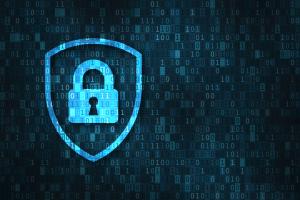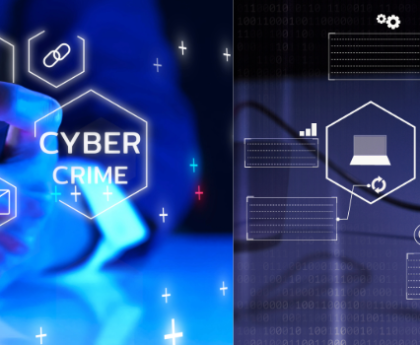It is challenging to describe the sheer urgency of cyber cooperation needed across departments, agencies, industries and governments.
The dire threat was made clear with the chilling revelation that Volt Typhoon, Chinese hackers sponsored by the People’s Republic of China (PRC), had compromised the information technology environments of multiple U.S. critical infrastructure sectors in the continental United States and its territories. The FBI and other agencies assessed with high confidence that Volt Typhoon hackers pre-positioned themselves on information technology networks to enable access to operational systems so they could disrupt functions essential to our society.
FBI Director Christopher Wray drove home the urgency when he said the PRC “has made clear that it considers every sector that makes our society run as fair game in its bid to dominate on the world stage, and that its plan is to land blows against civilian infrastructure to try to induce panic and break America’s will to resist.”
Mike Gallagher, R-Wis., added to the ringing alarm bells. Just before his April retirement from the House of Representatives, he told Politico, “The Chinese government is pre-positioning on networks across this nation with the clear intent to cause maximum destruction and societal chaos at a time of their choosing.”
The PRC’s activities threatened not just our own systems but our allies’ systems, too.
China is described as the pacing threat—meaning it is the only country that can threaten the United States economically, technologically, politically and militarily—but Russia, North Korea, Iran and others also pose a danger to our critical networks and infrastructure.
It is worth noting that the Volt Typhoon warning was issued by the FBI, Cybersecurity and Infrastructure Security Agency, National Security Agency, Department of Energy, Environmental Protection Agency and Transportation Security Administration, along with the Australian Cyber Security Centre, Canadian Centre for Cyber Security, United Kingdom National Cyber Security Centre and New Zealand National Cyber Security Centre.
This post was originally published on the 3rd party site mentioned in the title of this this site






